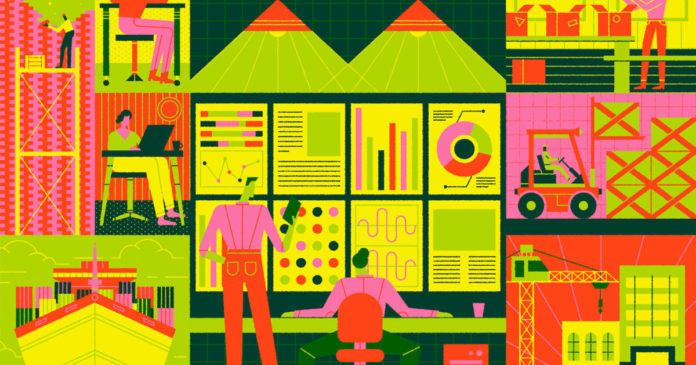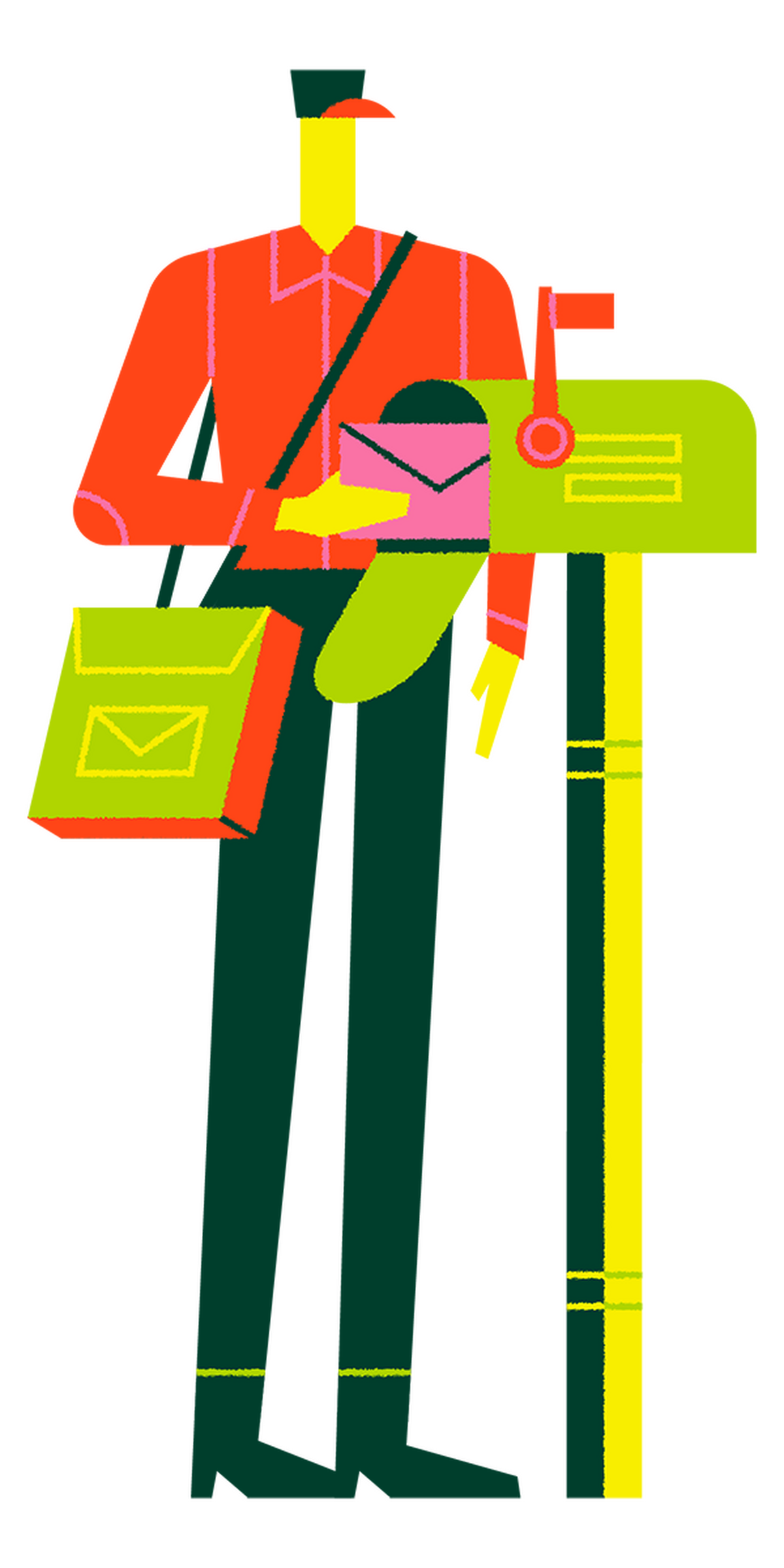Where does productivity monitoring go wrong?
Despite the benefits of productivity monitoring, in practice, things often go awry. One of the biggest reasons comes down to just how difficult it is to define, measure, and incentivize productivity for more complex tasks.
RAHMAN: Goodhart’s law states that when a measure becomes a target, it ceases to be a good measure. So if you start to measure something—and do it poorly—people will game the system.
HUBBARD: This is the oldest problem in incentive theory. You see salespeople moving their sales up in order to hit quotas. You see teachers teaching to the test. You have the folly of hoping for Y and paying for X. These are old problems that are seemingly new again, because they are coming up in different contexts.
RAHMAN: Ideally, monitoring can work well. But a lot of times it is implemented haphazardly. For example, some organizations are trying to use monitoring software to see whether contract attorneys are engaged or not. We know with a lot of knowledge-intensive work that taking a walk can sometimes help you come up with a breakthrough idea. But if the software determines that, for example, you’re not looking at your screen in a way the program can track, it automatically logs you off. That’s poor implementation.
It also reflects a lack of trust between employees and organizations.
MARKOVICH: Trust is perhaps most challenging of all in the gig economy.
For ride-hailing, trust matters less, because the incentives are aligned, meaning that if I’m a driver I want this ride to end as soon as possible because then I can take another one, which is exactly what the rider wants as well.
But when you are paying per hour, rather than per task, this is where things are going to become a little bit more complex. One way that Upwork—a platform that connects clients with freelancer knowledge workers—goes about it is they make their gig workers record their screens. Then, in addition to their end work product, they send the client a log of what was happening on their screen while they were working to demonstrate how many hours they spent and all activity they performed during that time.*
Obviously, there are huge privacy concerns here in terms of knowing that people can watch your screen. But there is also this idea of, “I do not trust you.” I don’t know you, and it’s not clear I can trust you, and it’s not necessarily going to be a long-term relationship where we are going to build trust.
*[Editor’s note: In an email, Upwork said that it does offer freelancers the option to request that their time be entered manually rather than using time-tracking software. This software takes screenshots every ten minutes and tracks keystroke and click counts, which are then relayed to the client. However, if freelancers use the manual time option, they lose hourly payment protection.]
HUBBARD: The problem is that that’s never how that they would treat you if you were actually located in the same place. Right? They need to figure out a way of interacting with workers that is much closer to the way that they interact with them if they were actually in the same place.
Source link







